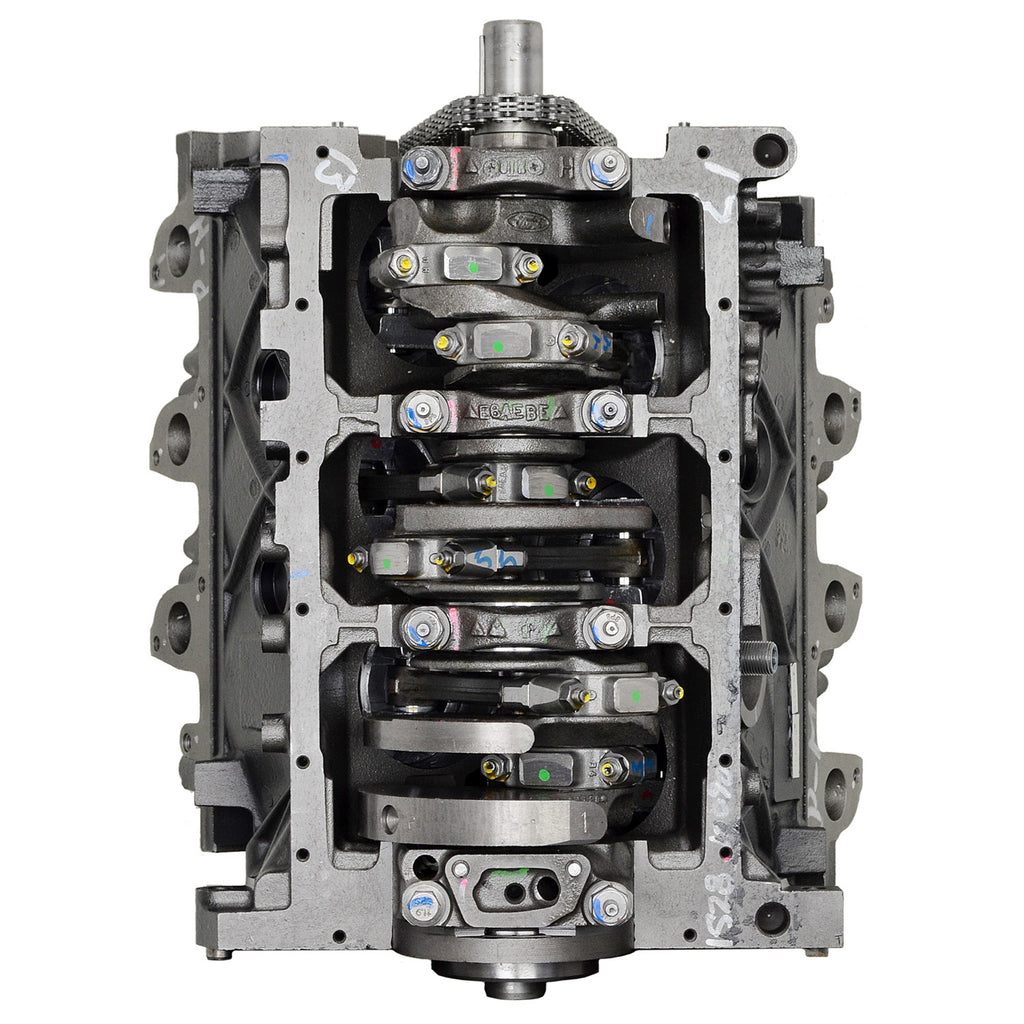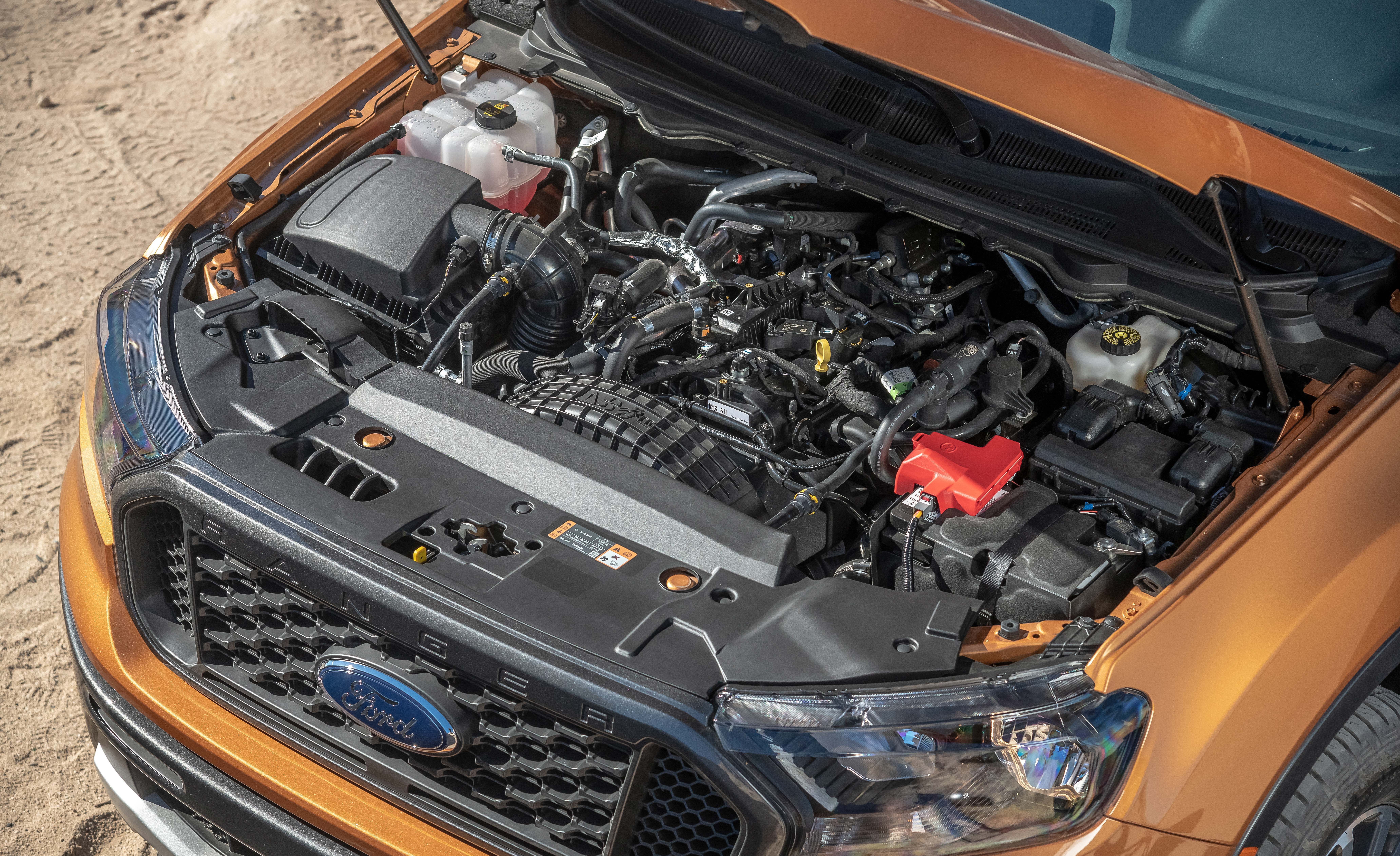Top Benefits of Choosing the 2.2 Ford Ranger Engine for Your Next Pickup
Top Benefits of Choosing the 2.2 Ford Ranger Engine for Your Next Pickup
Blog Article
Exactly How to Choose the Right Cars And Truck Engine for Optimum Performance and Performance
Choosing the suitable auto engine to achieve an ideal balance of performance and performance requires a nuanced understanding of different engine kinds and their specific qualities (2.2 ford ranger engine). Variables such as engine variation, the number of cylinders, and gas kind play a crucial function in establishing both power outcome and gas economic climate.
Comprehending Engine Kind
When picking an automobile, one of one of the most crucial components to take into consideration is the engine kind, which serves as the heart of the car. The engine kind considerably influences the vehicle's general performance, long life, and viability for your driving demands. There are primarily 3 engine kinds to think about: inner combustion engines (ICE), hybrid engines, and electrical engines.
Interior combustion engines remain the most common, operating on gasoline or diesel. They are understood for their power and acceleration, making them ideal for performance-oriented lorries. Nevertheless, they might fall brief in fuel efficiency and ecological impact.
Crossbreed engines incorporate an inner burning engine with an electric motor, offering a balance between efficiency and gas economy. They are increasingly preferred for chauffeurs looking for decreased discharges while still delivering adequate power.
Electric engines, powered completely by batteries, are gaining grip because of their ecological advantages and reduced running expenses. They offer immediate torque and a quiet driving experience, making them optimal for city commuting.

Efficiency vs. Performance
Picking the best engine type involves considering the compromises between efficiency and performance. Efficiency typically describes exactly how well an engine can provide power and velocity, which is often related to larger displacement engines or those with turbocharging capacities. These engines typically give exhilarating driving experiences and fast feedback times, making them preferred among fanatics.
On the other hand, effectiveness concentrates on fuel economic climate and reduced discharges. Smaller sized engines, particularly those equipped with sophisticated modern technologies such as direct gas shot and variable shutoff timing, have a tendency to supply better miles per gallon and minimized carbon impacts. While these engines might compromise some power compared to their bigger counterparts, they usually master everyday driving scenarios where high performance is not always essential.
Inevitably, the option in between efficiency and effectiveness depend upon private top priorities. A chauffeur who values perky driving may focus on a high-performance engine, while a person seeking affordable commuting might lean toward a reliable choice. Comprehending these compromises is important for making a notified decision that lines up with your driving requirements and lifestyle, ensuring that the selected engine kind complements your expectations for both efficiency and performance.
Secret Specs to Think About
Comprehending vital requirements is crucial for making an informed decision concerning the right auto engine. click for info When selecting an engine, several essential aspects necessitate consideration to make certain ideal performance and effectiveness.
It indicates the complete volume of the engine's cyndrical tubes and generally correlates with power result; bigger displacements commonly generate even more power. Engines with even more cyndrical tubes can provide smoother operation and greater power, while smaller sized configurations can improve fuel performance.
In addition, the engine's setup, whether inline, V-type, or rotary, affects the total layout and efficiency attributes of the vehicle - 2.2 ford ranger engine. Turbocharging and supercharging technologies ought to also be assessed; these boost an engine's power output without substantially increasing its size, hence improving efficiency
Gas type is another vital factor to consider, as it affects both performance and costs. The engine's compression ratio influences effectiveness and power delivery; a greater ratio typically leads to much better effectiveness, but might require premium gas. By thoroughly assessing these specs, you can pick an engine that aligns with your performance and effectiveness goals.
Assessing Driving Demands
Assessing driving demands is a fundamental action in determining the ideal vehicle engine for your lifestyle and use patterns. Begin by assessing your everyday driving practices, including the frequency and period of journeys. If your driving mainly includes brief commutes in city settings, a smaller engine with good gas performance might suffice. On the other hand, if you regularly carry out long-distance trips or need towing abilities, a much more YOURURL.com powerful engine might be essential.
Consider the surface you generally browse. Hilly or sturdy landscapes might demand an engine with greater torque for better efficiency. Additionally, assess traveler and cargo needs; larger family members or those that deliver products may gain from automobiles with raised power and capacity.
Diesel engines typically use exceptional torque and gas economic climate for heavier automobiles, while gas engines might offer a smoother and quieter adventure. Variable in ecological considerations, as hybrid or electric engines can offer a much more sustainable alternative without sacrificing efficiency.
Future Trends in Engine Technology
As the vehicle industry proceeds to develop, developments in engine modern technology are leading the way for a lot more sustainable and reliable driving experiences. One considerable trend is the shift toward electrification, with crossbreed and totally electrical powertrains gaining importance. Car manufacturers are investing heavily in battery modern technology to improve energy density and lower charging times, inevitably enhancing the usefulness of electric lorries (EVs)
One more arising trend is the growth of hydrogen fuel cell engines. 2.2 ford ranger engine. These systems offer the capacity for zero-emission driving while giving refueling times equivalent to traditional gasoline engines. Furthermore, advancements in burning innovation, such as variable compression ratios and improved turbocharging, are enhancing traditional inner burning engines for much better efficiency and performance
Digital integration is also a critical aspect of future engine technology. The application of synthetic intelligence and device knowing enables real-time information evaluation, making it possible for smarter engine monitoring systems that adapt to driving conditions and improve fuel find out here now efficiency.

Final Thought
Finally, choosing the proper automobile engine requires a thorough examination of different aspects, including engine type, efficiency requirements, and effectiveness goals. By comprehending the differences between different engine types and taking into consideration crucial requirements, people can straighten their options with particular driving needs. As advancements in engine modern technology remain to arise, remaining notified regarding future patterns will additionally enhance decision-making, inevitably leading to a vehicle that stabilizes efficiency and gas efficiency properly.
Choosing the ideal cars and truck engine to attain an optimum balance of performance and performance necessitates a nuanced understanding of different engine kinds and their specific characteristics. There are primarily 3 engine types to take into consideration: interior combustion engines (ICE), hybrid engines, and electrical engines.
Efficiency generally refers to just how well an engine can provide power and acceleration, which is typically linked with larger variation engines or those with turbocharging abilities. Diesel engines often use premium torque and gas economic climate for heavier automobiles, while fuel engines may provide a smoother and quieter ride.In verdict, selecting the suitable auto engine requires a detailed evaluation of numerous elements, consisting of engine kind, efficiency needs, and efficiency goals.
Report this page